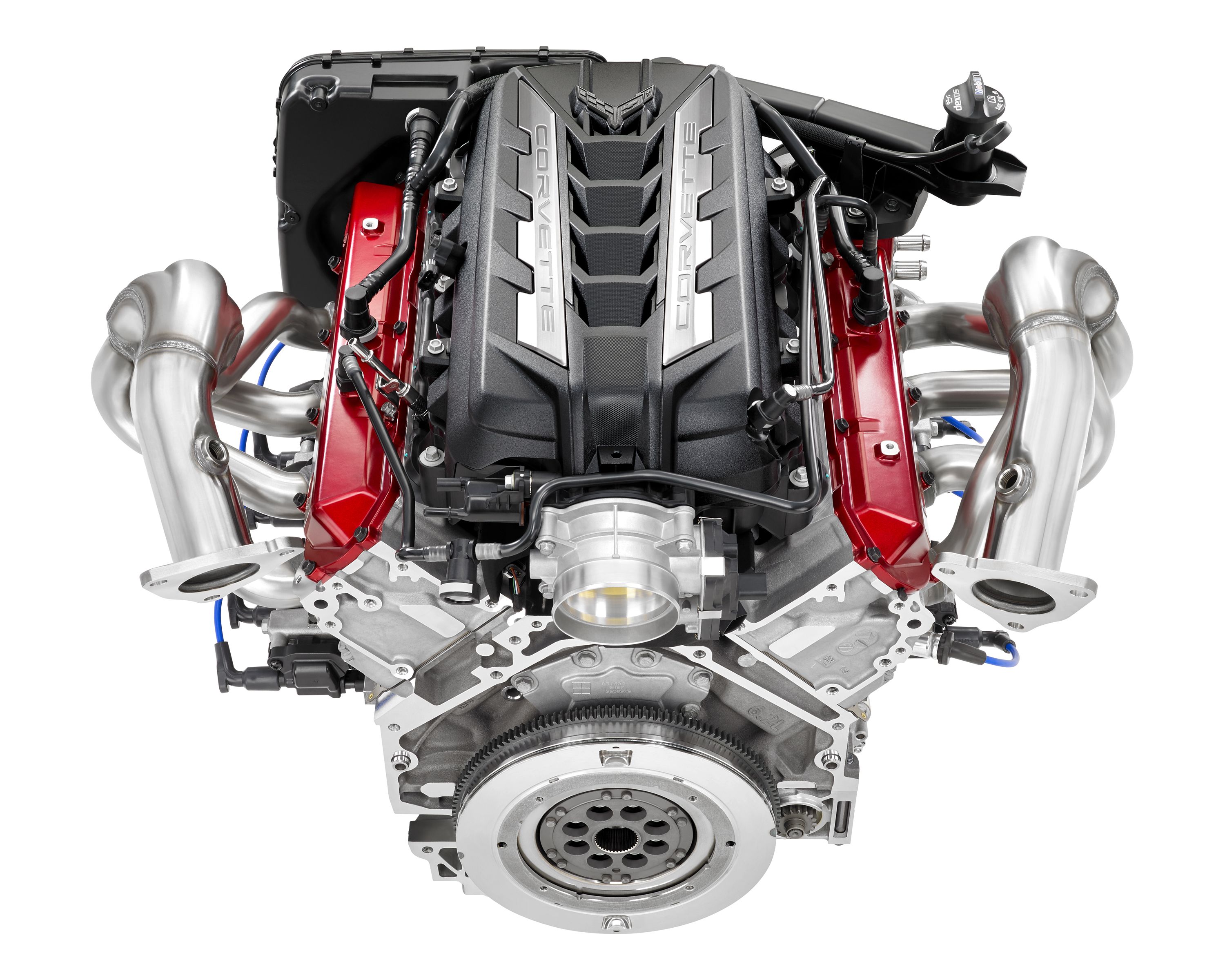A Total Guide to Picking the Right Engine for Your Job
Picking the suitable engine for your task is an essential choice that can dramatically impact its overall success. It is important to meticulously specify your task needs, assess efficiency needs, and consider user-friendliness along with other vital variables. Additionally, comprehending the area support offered and looking at price ramifications can better refine your choice. Each of these aspects plays a crucial duty in guaranteeing that your chosen engine not just fulfills prompt purposes however additionally straightens with long-term aspirations. As we explore these considerations, you may find that the nuances of each aspect reveal greater than originally prepared for.
Specify Your Task Requirements
Specifying your project requires is a crucial action in selecting the proper engine for effective application. A comprehensive understanding of your job's purposes will assist you in identifying the functions and capabilities called for from an engine. Begin by describing the range of your task, including the preferred capability, target audience, and the particular results you intend to achieve.
Next, think about the technological requirements that line up with your task goals. This consists of assessing the compatibility of the engine with existing systems, in addition to the shows languages and structures that will certainly be utilized. Additionally, evaluate the degree of scalability called for to suit future development or adjustments in demand.
Budget constraints also play a crucial duty in specifying your job requires. Develop a clear monetary structure to assist your decision-making procedure, making certain that the engine picked fits within your spending plan while providing the necessary functionality.
Evaluate Efficiency Needs

Next, take into consideration the scalability of the engine. Evaluate whether it can manage enhanced work as your project expands. Engines that sustain horizontal scaling are frequently better for larger applications. Furthermore, evaluate the engine's performance under various conditions, such as peak use circumstances, to ensure it fulfills your reliability criteria.
Take Into Consideration Simplicity of Usage
While technological requirements are important, the simplicity of usage of an engine can significantly affect the advancement procedure and total task success. An intuitive interface, clear paperwork, and structured operations can significantly decrease the knowing curve for designers, allowing them to concentrate on creative thinking and problem-solving instead than grappling with complex devices.
When evaluating an engine's ease of my company use, consider the onboarding experience. A well-structured intro, full with tutorials and example jobs, can assist in a smoother shift for new users. Additionally, the quality and comprehensiveness of the engine's documentation play an important role; thorough overviews and API recommendations can equip developers to troubleshoot and implement features efficiently.
Another facet to think about is the engine's personalization capabilities. An engine that enables simple modifications can be extra straightforward, as designers can customize it to fit their certain needs without extensive problem. Last but not least, evaluate the workflow combination with platforms and tools you currently use. A cohesive ecological community can improve performance and decrease rubbing during the advancement procedure. Ultimately, picking an engine that prioritizes simplicity of usage can lead to a much more pleasurable and productive growth experience.
Assess Area and Assistance
The have a peek at these guys toughness of an engine's neighborhood and assistance network can significantly affect a developer's experience and success. When assessing an engine, consider the dimension and activity level of its area.
Additionally, examine the availability of main assistance channels. Reliable documentation, receptive client assistance, and normal updates are essential for addressing technological issues and maintaining your job on track. Engines For Africa. Energetic communities additionally promote cooperation, supplying opportunities for networking and comments, which can be important, particularly for little groups or independent designers
Additionally, explore the existence of community-run occasions, such as meetups or hackathons. These celebrations can enrich your understanding of the engine while attaching you with prospective partners and experienced users. In recap, a durable community and support group not just streamline advancement yet also produce an atmosphere for learning and advancement, inevitably enhancing the possibility of your task's success.
Contrast Cost and Licensing Options
Budget plan factors to consider play an important duty in selecting the best engine for your job, as the expense and licensing choices can dramatically impact both short-term expenses and long-term practicality. Engines For Africa. Various engines supply differing rates frameworks, which can consist of one-time acquisition fees, subscription models, or revenue-sharing agreements based on your project's earnings

Accrediting options additionally differ dramatically. Some engines are open-source, supplying versatility and community-driven assistance, while others may call for proprietary licenses that limit usage and circulation. Comprehending the ramifications of each licensing design is essential, as it impacts ownership legal rights, future scalability, and prospective lawful commitments.
Final Thought
In conclusion, picking the suitable engine for a task requires a comprehensive evaluation of specified project requirements, performance demands, convenience of use, community support, and expense considerations. By systematically dealing with these critical aspects, decision-makers can ensure positioning with both existing and future project demands. A knowledgeable choice eventually boosts the likelihood of job success, allowing reliable source allocation and making the most of prospective end results within the defined budgetary constraints.
Choosing the suitable engine for your job is a critical decision that can considerably impact its general success.Defining your job requires is a critical action in picking the ideal engine for effective execution. A thorough understanding of your task's purposes will certainly assist you in recognizing the abilities and features required from an engine.As soon as you have a clear understanding of your task requires, the following step is to assess the performance requirements of the engine.In final thought, selecting the proper engine for a job demands a detailed evaluation of specified task requirements, performance requirements, convenience of use, community support, and price factors to consider.